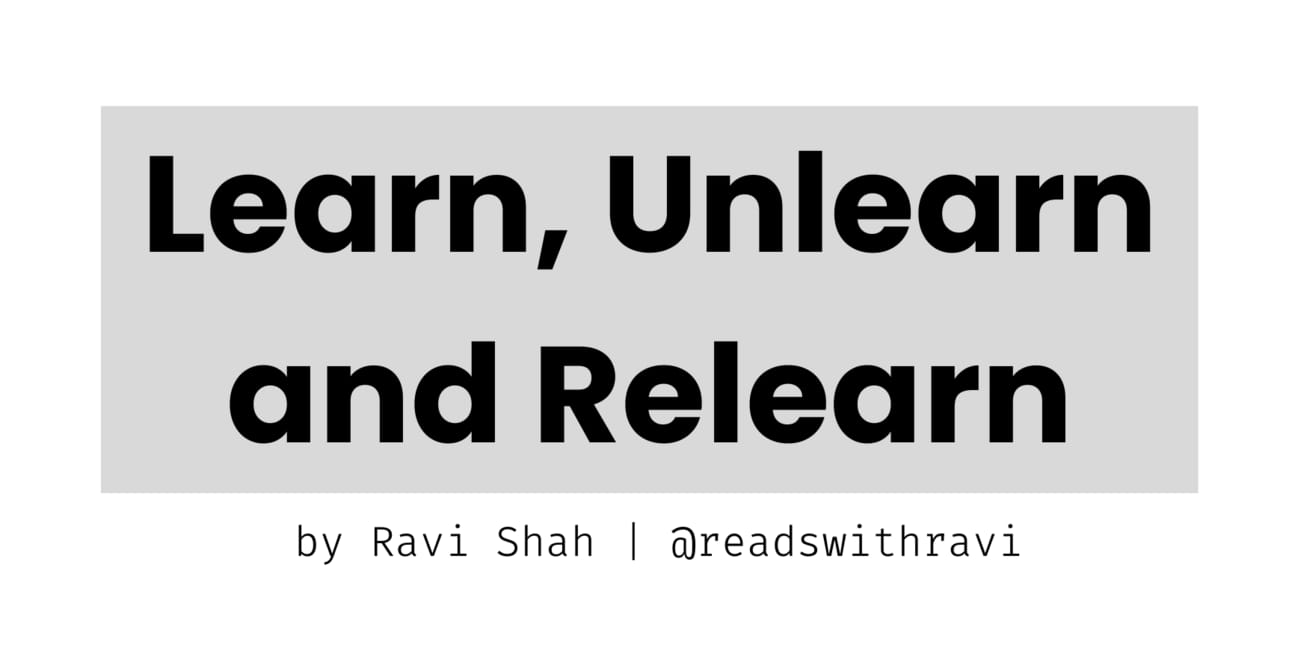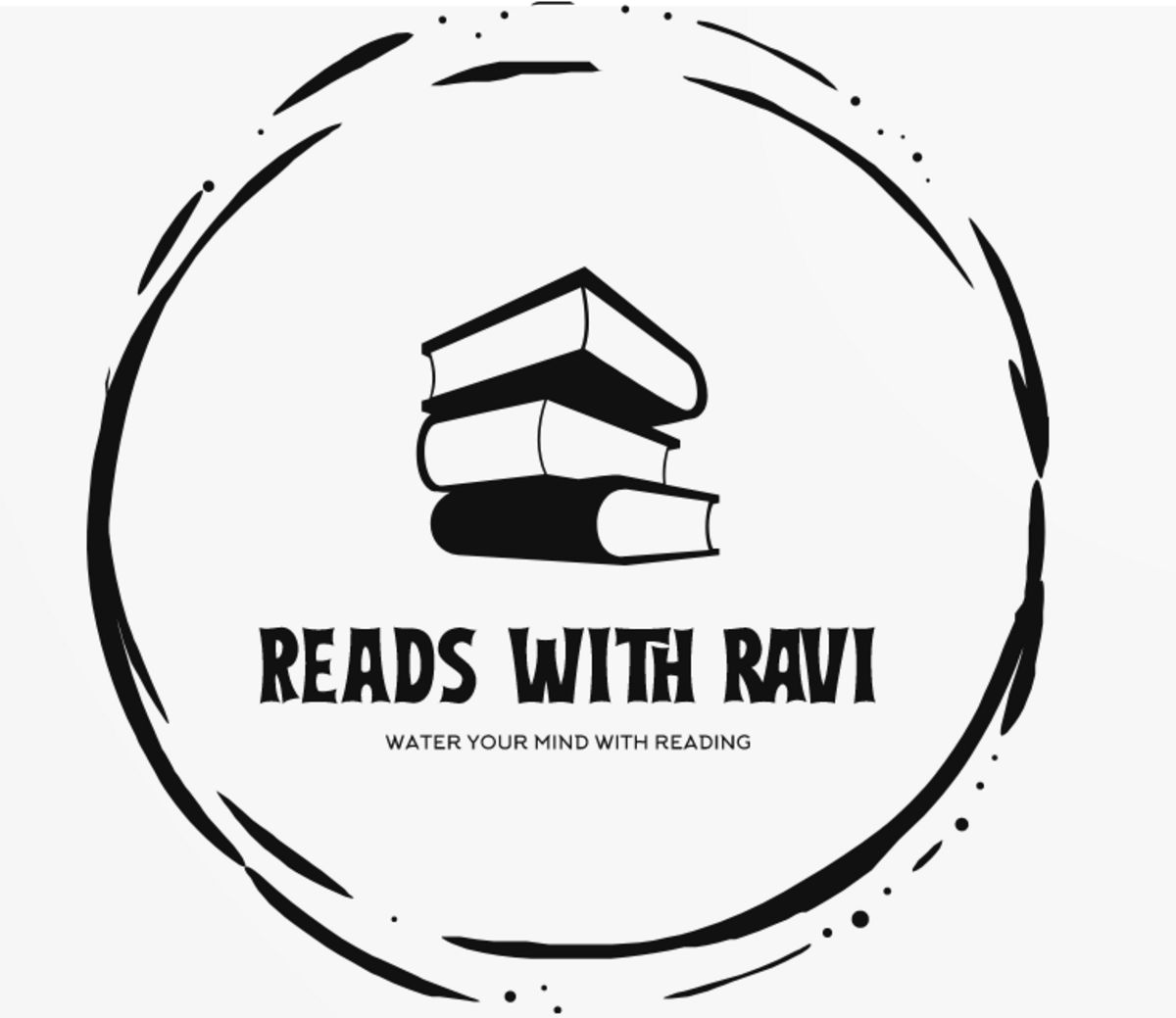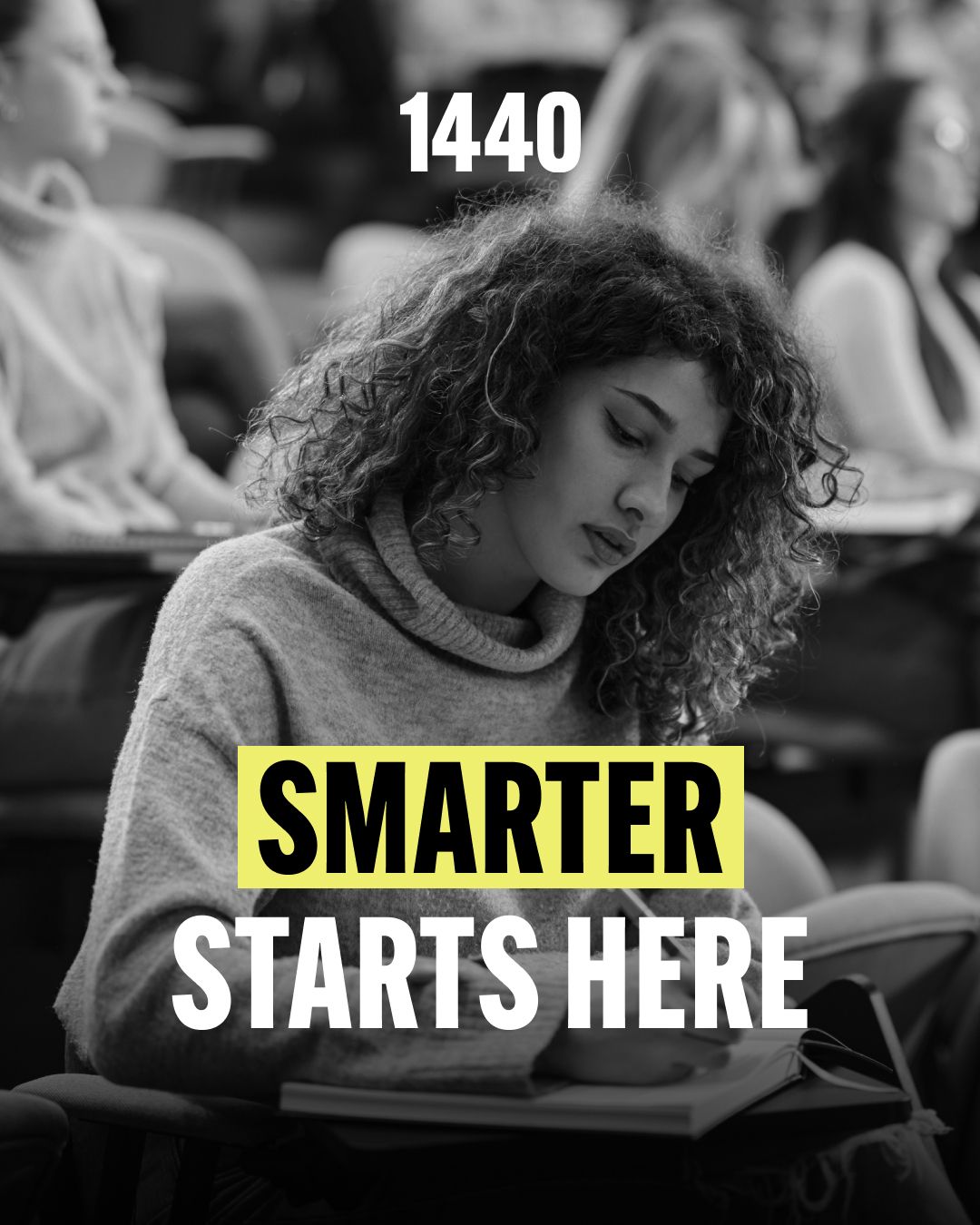
Join over 4 million Americans who start their day with 1440 – your daily digest for unbiased, fact-centric news. From politics to sports, we cover it all by analyzing over 100 sources. Our concise, 5-minute read lands in your inbox each morning at no cost. Experience news without the noise; let 1440 help you make up your own mind. Sign up now and invite your friends and family to be part of the informed.
Happy Thursday folks!
Here is my favorite passage of the week, two quotes and book of the week with two important lessons to ponder on:
Passage of the Week:
British Author and journalist Oliver Burkeman on doing nothing meditation:

From Four Thousand Weeks by Oliver Burkeman
Two Quotes:
“The only person you are destined to be become is the person you decided to be.”
“The self is not something ready-made, but something in continuous formation through choice of action.”
Book of the Week with 2 Important Lessons:
The book of the week is Open When: A Companion for Life’s Twists & Turns by Dr. Julie Smith.

No matter where you are on your mental health journey, this book will guide you to more joy and a clearer path for your future. Dr. Julie’s clear, wise advice and practical tools serves as a beautiful source of encouragement and understanding of self. It is a guide for your journey of becoming. A must-read for anyone on a path of personal growth.
Written with her trademark style, candor, and warmth, Clinical psychologist and bestselling author Dr. Julie Smith returns with this highly anticipated handbook full of “break in case of emergency” advice for dealing with mental health challenges in the moment they occur. Picking up where “Why Has Nobody Told Me This Before?” leaves off, Dr. Julie shares the research-backed concepts and powerful skills we can use to weather our most vulnerable moments.
Here are two important lessons from the book:
1) How to make comparison constructive:
Turn envy into inspiration. When we use comparison in the correct way, we can take advantage of its power to influence how we feel and behave. Let’s say you’re working to improve your skills in your favorite sport and you know that you have a specific weakness that holds you back. In this scenario, some upward comparison with a player who has managed to master that skill offers you a huge opportunity to learn from them and improve your own skills in the process. But for that to happen successfully, your comparison needs to get these three elements right:
Keep a clear focus on the specific skill you envy in their performance. Be laser-focused on specifics and do not be tempted to make a global comparison between your whole self and theirs.
Prime yourself with a growth mindset. This means keeping in mind that you have agency in your own life and can learn and improve at most things with effort.
Your self-worth remains nonnegotiable at all times. It should never be on the line.
When comparison has left you resentful, call a stop to it and turn back toward your own life, putting your energy into reconnecting with a sense of gratitude for everything that matters to you. Don’t compare yourself to someone whose values do not reflect your own. Look at where you were yesterday to feel the thrill of your progress, and look at where you want to be tomorrow to keep you on course.
2) Learn to fear your own disapproval more than theirs:
When we are learning how to stand up for ourselves, other people are a big part of the equation. We want so much for them to like us, to think we are good and worth having around. But we are also afraid of abandonment, and if we think there is any chance of losing someone who matters to us, then we will place their opinion of us above our own. When saying no brings up thoughts about not being a good person in the eyes of another, it can be linked to our agreeable nature but might also be the result of a learning experience in early life. That learning needs updating just like the meaning we attach to the guilt.
It is okay to fear someone else's disapproval, but you must fear your own more. There will always be people in your life whose opinions you value, but when it comes to your own life choices, the buck stops with you, and so your own values must be the anchor that determines whether you take off in this direction or that.
Books I am currently reading:
How to Make Your Brain Your Best Friend by Rachel Barr. A delight-filled, evidence-based guide to taking better care of our brain; so it, in turn, will take better care of us.
Poems & Prayers by Matthew McConaughey. An inspiring, faith-filled, and often hilarious collection of personal poetry and prayers about navigating the rodeo of life and chasing down the original dream, belief.
Mark Twain by Ron Chernow. Pulitzer Prize-winning biographer Ron Chernow illuminates the full, fascinating, and complex life of the writer long celebrated as the father of American literature, Mark Twain. Loving it so far!
READING TIP: Question Whether the Book is Worth Reading
We often consume a lot of things out of habit, without questioning their worth, books included.
Never feel obligated to finish a book that doesn’t interest you. There are many great books out there to read. Read what you are interested in, or ignite your curiosity, or help develop the skills you want to cultivate.
Thank you for reading and all your support.
I am excited to keep bringing you the new and old books, great insights, and lessons.
Until next week, stay curious and happy reading!
— Ravi Shah | @readswithravi



